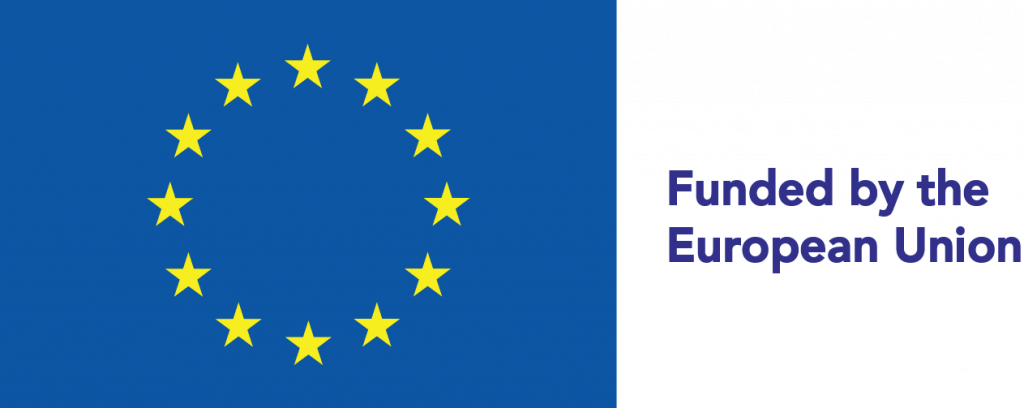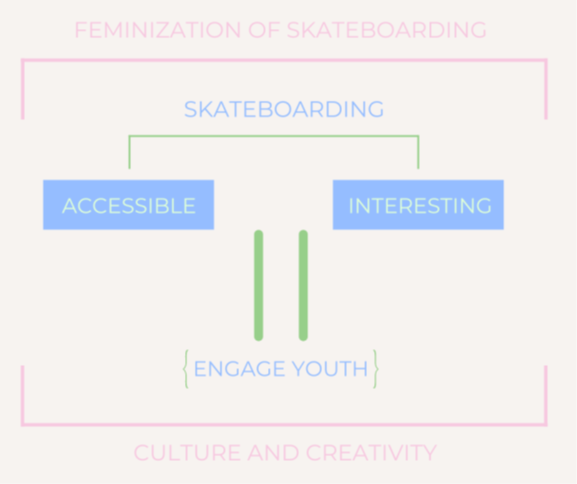SKATEBOARDING BEYOND
Skateboarding as an intersection to promote social inclusion, gender equality and mental health.


- Start: 01/01/2024
- End: 30/06/2026
- Total budget: 400.000 €
- Grant: 400.000 €
The Skateboarding Beyond, funded by the ERASMUS + Sport EU programme, aims at using skateboarding as a tool for the promotion of social inclusion and gender equality, developing life skills and facilitating a safe and creative environment for young people to thrive.
Skateboarding, a tool to achieve social transformation
Skateboarding has been proved to be an effective tool for positive youth development. Its popularity is growing, attracting the attention of youngsters into the practice of this sport, and the female practice is increasing.
Skateboarding is a sport that was born from popular culture, created, and developed by youth to express their creativity and ideas. In response to the formalization of sports mostly directed by adults, younger generations developed their own community sport through which they could freely express and make up their own rules. Today, skateboarding is a highly attractive activity for young people, and a sport that is undeniably linked to a community, since it is most often performed in public spaces. For these and other reasons, skateboarding is recognised as an effective tool for social inclusion.
The SKATEBOARDING BEYOND programme
The program created by SKATEBOARDING BEYOND will promote youth social inclusion through the practice of skateboarding and creativity workshops that address mental well-being, gender inequalities, and vital skills such as creativity, teamwork, and communication.
Through skateboarding, young people will be engaged in urban culture and art around the skateboarding community. The program focuses primarily on children aged 8 to 12 who are at risk of social exclusion, with special attention to girls.
As a result of the initiative, inclusive skateboarding communities will be developed for 400 children, with the training of 50 coaches.
The program will have various impacts, such as the creation of a more inclusive skateboarding community that provides opportunities for children, especially girls, or youth at risk of social exclusion.

Five partners and three countries
The project works through a partnership made up of 3 nationwide implementing organizations representing the roller-skating federations of Spain, Germany and Sweden, and 2 strategic organizations that will support the development of the innovative methodology, its testing and evaluation: Advance Inspiring Social Innovation and B.Link Barcelona Strategic Projects.
